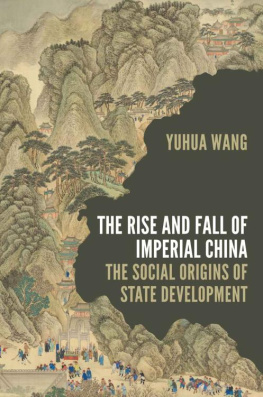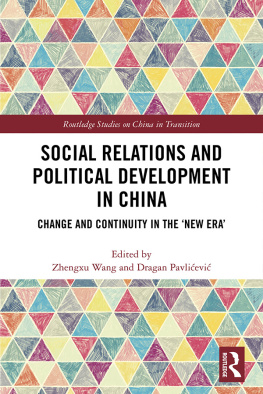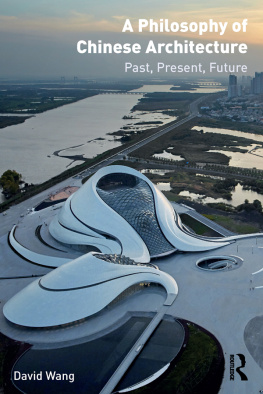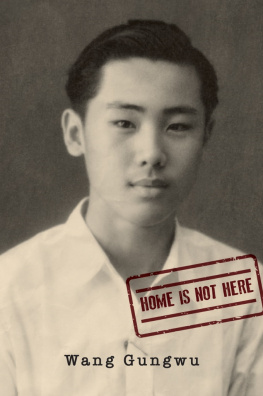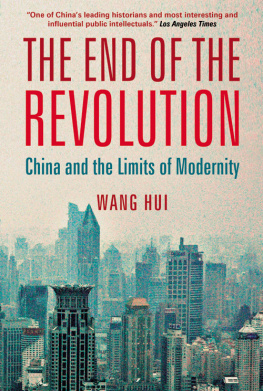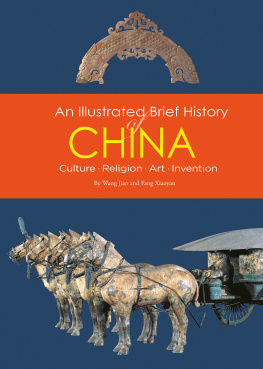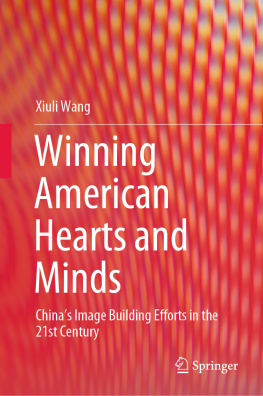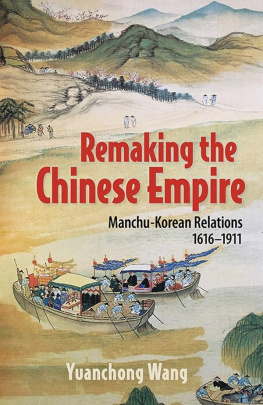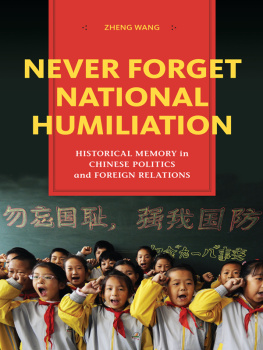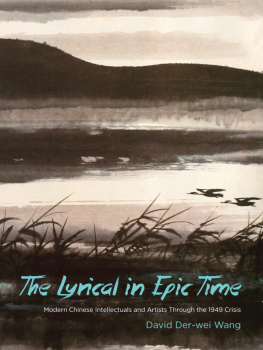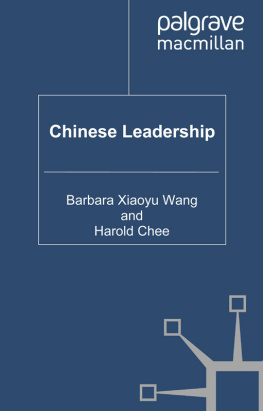Publications of the
Institute of Archaeology, University College London
Series Editor: Ruth Whitehouse
Director of the Institute: Stephen Shennan
Founding Series Editor: Peter J. Ucko
The Institute of Archaeology of University College London is one of the oldest, largest and most prestigious archaeology research facilities in the world. Its extensive publications programme includes the best theory, research, pedagogy, and reference materials in archaeology and cognate disciplines, through publishing exemplary work of scholars worldwide. Through its publications, the Institute brings together key areas of theoretical and substantive knowledge, improves archaeological practice, and brings archaeological findings to the general public, researchers, and practitioners. It also publishes staff research projects, site and survey reports, and conference proceedings. The publications programme, formerly developed inhouse or in conjunction with UCL Press, is now produced in partnership with Left Coast Press, Inc. The Institute can be accessed online at www.ucl.ac.uk/archaeology.
Encounters with Ancient Egypt Subseries, Peter J. Ucko, (ed.)
Jean-Marcel Humbert and Clifford Price (eds.), Imhotep Today David
Jeffreys (ed.), Views of Ancient Egypt since Napoleon Bonaparte
Sally MacDonald and Michael Rice (eds.), Consuming Ancient Egypt
Roger Matthews and Cornelia Roemer (eds.), Ancient Perspectives on Egypt
David OConnor and Andrew Reid (eds.), Ancient Egypt in Africa
John Tait (ed.), Never Had the Like Occurred
David OConnor and Stephen Quirke (eds.), Mysterious Lands
Peter Ucko and Timothy Champion (eds.), The Wisdom of Egypt
Critical Perspectives on Cultural Heritage Subseries, Beverley Butler (ed.)
Beverley Butler, Return to Alexandria
Ferdinand de Jong and Michael Rowlands (eds.), Reclaiming Heritage
Dean Sully (ed.), Decolonizing Conservation
Other Titles
Andrew Gardner (ed.), Agency Uncovered
Okasha El-Daly, Egyptology, The Missing Millennium
Ruth Mace, Clare J. Holden, and Stephen Shennan (eds.), Evolution of Cultural Diversity
Arkadiusz Marciniak, Placing Animals in the Neolithic
Robert Layton, Stephen Shennan, and Peter Stone (eds.), A Future for Archaeology
Joost Fontein, The Silence of Great Zimbabwe
Gabriele Puschnigg, Ceramics of the Merv Oasis
James Graham-Campbell and Gareth Williams (eds.), Silver Economy in the Viking Age
Barbara Bender, Sue Hamilton, and Chris Tilley, Stone World
Andrew Gardner, An Archaeology of Identity
Sue Hamilton, Ruth Whitehouse, and Katherine I. Wright (eds.), Archaeology and Women
Gustavo Politis, Nukak
Sue Colledge and James Conolly (eds.), The Origins and Spread of Domestic Plants in Southwest Asia and Europe
Timothy Clack and Marcus Brittain (eds.), Archaeology and the Media
Janet Picton, Stephen Quirke, and Paul C. Roberts (eds.), Living Images
Tony Waldron, Paleoepidemiology
Eleni Asouti and Dorian Q. Fuller, Trees and Woodlands of South India
Russell McDougall and Iain Davidson (eds.), The Roth Family, Anthropology, and Colonial Administration
Elizabeth Pye (ed.), The Power of Touch
Miriam Davis, Dame Kathleen Kenyon
Marcos Martinn-Torres and Thilo Rehren (eds.), Archaeology, History, and Science
John Tait, Why the Egyptians Wrote Book
Peter J. Ucko and Rachael Thyrza Sparks (eds.), A Future for the Past
Ruth D. Whitehouse (ed.), Gender and Italian Archaeology
Simon Hillson, Mammal Bones and Teeth
Nick Merriman, Beyond the Glass Case
Paulette M. McManus (ed.), Archaeological Displays and the Public
Sally-Ann Ashton, Petries Ptolemaic and Roman Memphis
Norah Moloney and Michael J. Shott (eds.), Lithic Analysis at the Millennium
Mark Nesbitt, Identification Guide for Near Eastern Grass Seeds
Christopher Tilley, The Dolmens and Passage Graves of Sweden
Sarah L.R. Mason and Jon G. Hather (eds.), Hunter-Gatherer Archaeology
Jon G. Hather, The Identification of the Northern European Woods
Jon G. Hather, Archaeological Parenchyma
D. F. Clark, M. M. Roxan, and J. J. Wilkes (eds.), The Later Roman Empire Today
Nicholas Balaam and James Rackham (eds.), Issues in Environmental Archaeology
Rob Sands, Prehistoric Woodworking
David R. Harris and Kenneth D. Thomas (eds.), Modelling Ecological Change
Shmuel Ahituv and Eliezer D. Oren (eds.), The Origin of Early Israel-Current Debate
A. J. Ammerman (ed.), The Acconia Survey
Hans-Gert Bachmann, The Identification of Slags from Archaeological Sites
Anthony J. Barham and Richard I. Macphail (eds.), Archaeological Sediments and Soils
D. R. Brothwell, K. D. Thomas, and Juliet Clutton-Brock (eds.), Research Problems in Zooarchaeology
Beatrice de Cardi, Archaeological Surveys in Baluchistan, 1948 and 1957
J. C. Mann and M. M. Roxan (eds.), Legionary Recruitment and Veteran Settlement During the Principate
Martin Millett (ed.), Pottery and the Archaeologist
D. Price Williams, The Tombs of the Middle Bronze Age II Period from the 500 Cemetery at Tell Fara (South)
Richard Reece, Excavations in Iona 1964 to 1974
Jonathan N. Tubb (ed.), Palestine in the Bronze and Iron Ages
Paula J. Turner, Roman Coins from India Margaret M. Roxan, Roman Military Diplomas 1985 to 1993
Margaret M. Roxan, Roman Military Diplomas 1978 to 1984
Margaret M. Roxan, Roman Military Diplomas 1954 to 1977


